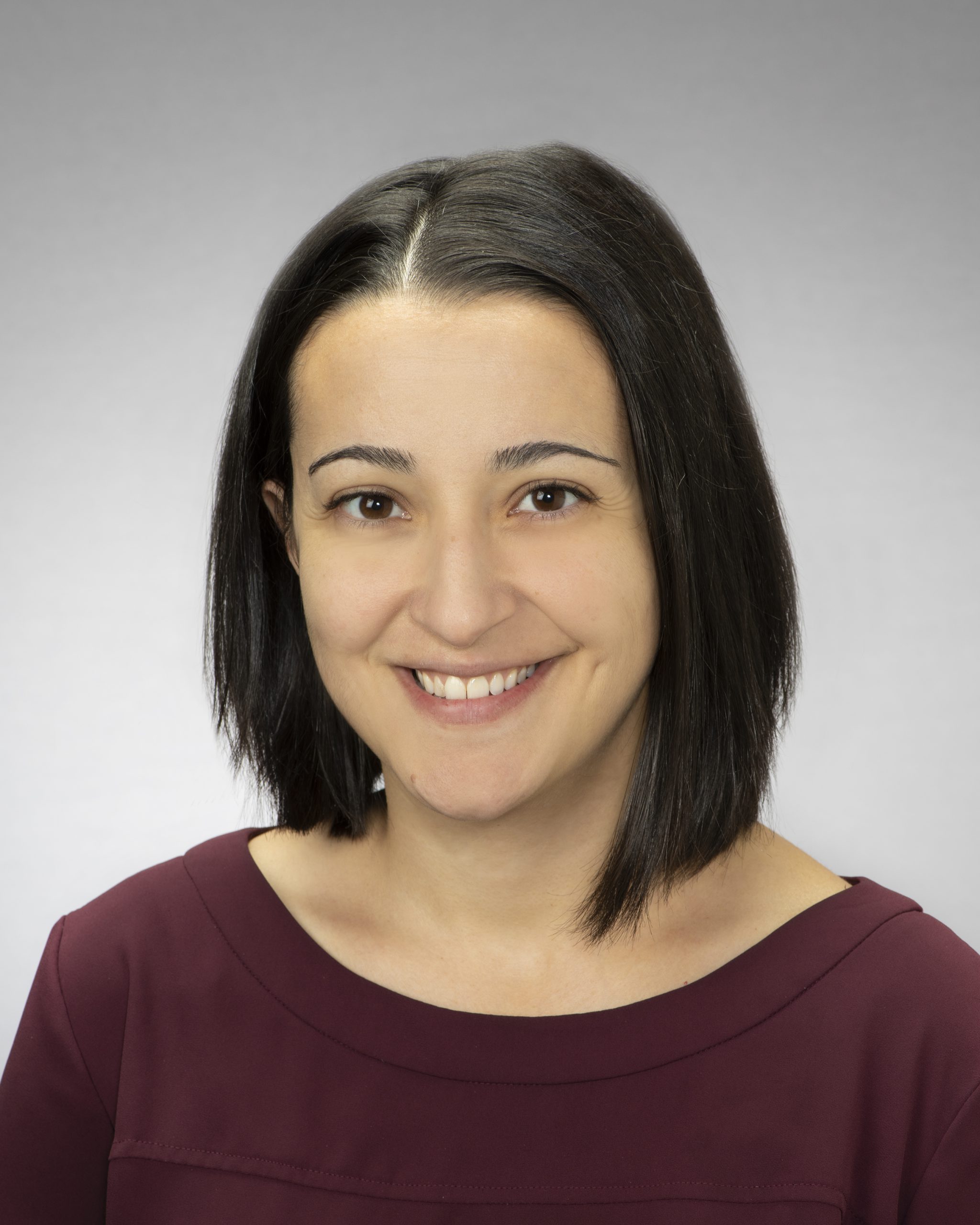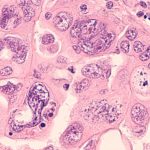Antimicrobials – such as the antibiotic penicillin – are frequently used to treat infections and infectious diseases.
They are also one of the few medical interventions where treating a patient in the present may create problems for that patient and other patients in the future – the effectiveness of the antibiotic decreases over time, as the bacteria evolves to adapt to the treatment. This gives rise to a new problem: Antimicrobial resistance, or “superbugs,” which can’t easily be treated with existing antibiotics. Millions of people get drug-resistant infections in the U.S. every year and tens of thousands die, according to the Centers for Disease Control and Prevention.

Dr. Ryan Bariola
“Often, the antibiotics prescribed to treat the infectious disease are not needed, not correct or prescribed too long, and this leads to antimicrobial resistance,” said Dr. Ryan Bariola, an infectious diseases physician at UPMC and clinical associate professor in the University of Pittsburgh School of Medicine’s Division of Infectious Diseases. “If we are good stewards and only use antimicrobials when truly needed, we can prolong their effectiveness.”
To combat the issue of antimicrobial overuse, UPMC established the Centralized Health system Antimicrobial Stewardship Efforts (CHASE) program to expand and improve appropriate antimicrobial use across the hospital network. It is led by Bariola and Dr. Tina Khadem, an infectious diseases pharmacist at UPMC and clinical assistant professor in Pitt’s Division of Infectious Diseases. Antimicrobial stewardship creates better oversight for the use of antibiotics, to prevent or delay the development of superbugs.

Dr. Tina Khadem
In only three years, the CHASE program successfully brought rates of antimicrobial use at UPMC’s smaller community hospitals to the same as those of UPMC’s larger urban hospitals with long-established stewardship programs. UPMC Presbyterian Hospital was among the earliest in the nation to establish antimicrobial stewardship more than two decades ago. The team announced their results this week in the journal Open Forum Infectious Diseases.
Despite UPMC Presbyterian’s leadership with antimicrobial stewardship and successful programs in other academic medical centers, smaller community hospitals nationwide have struggled to establish similar programs – prompting the Centers for Medicare and Medicaid Services to require antimicrobial stewardship programs at all acute care hospitals.
CHASE tackled that directive head on. The biggest barrier preventing antimicrobial stewardship programs from succeeding in smaller community hospitals is the lack of doctors and pharmacists who are experts in infectious diseases. CHASE addresses this by using telemedicine to engage with local pharmacists to answer questions and promote appropriate antimicrobial use at community hospitals.
“By specifically reaching out to local pharmacists and empowering them to directly pass on expertise about proper antimicrobial use we build a trusting relationship,” said Khadem. “This allows us to leverage their relationship with the local providers to implement the intervention and reduce inappropriate antimicrobial use. It isn’t the big city specialists telling the community practitioners what to do – it’s all about providing support so that each hospital can do what’s best for its patients.”
Sripriya Raja is a Ph.D. candidate in the University of Pittsburgh School of Medicine’s Department of Pharmacology & Chemical Biology. She is participating in the UPMC Science Writing Mentorship Program.








